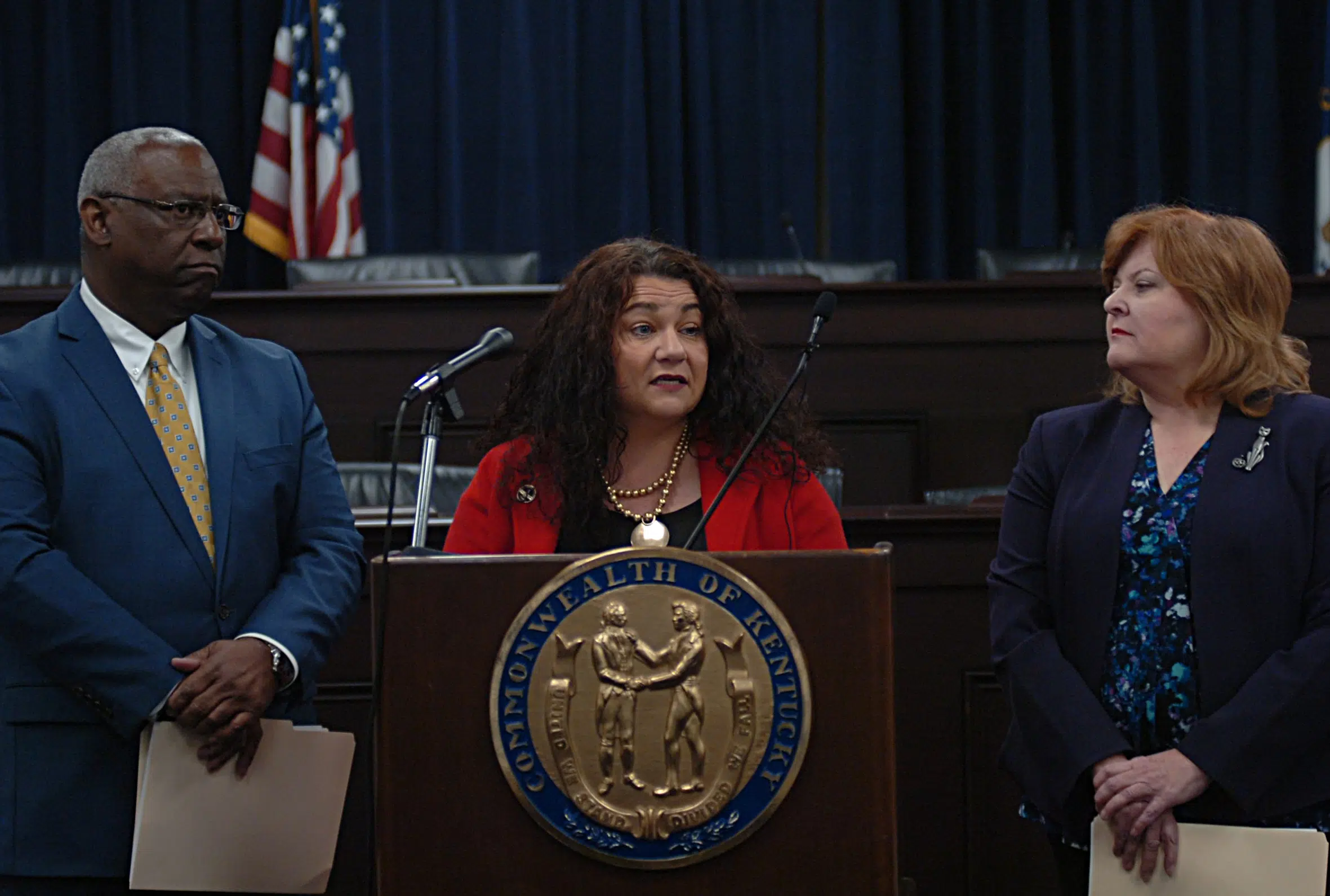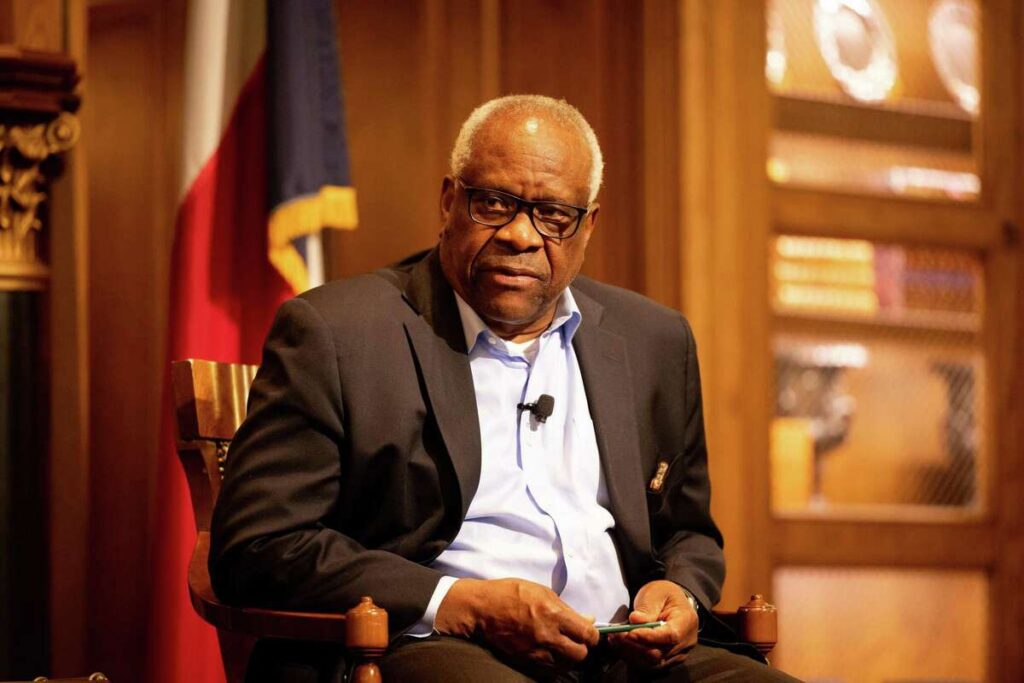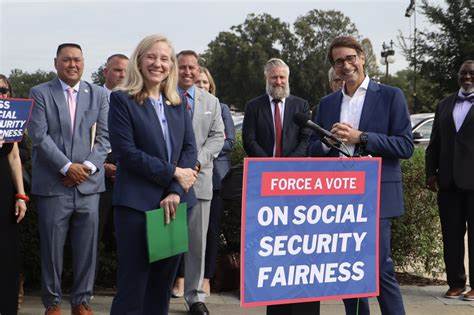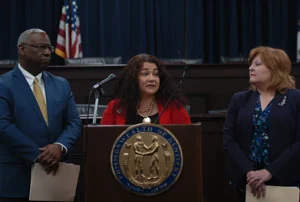A 20-month Senate Judiciary Committee investigation has revealed that U.S. Supreme Court Justice Clarence Thomas accepted millions of dollars in lavish gifts over his 30-year tenure, often without reporting them. The report, released on December 22, 2024, alleges that Justice Thomas failed to disclose luxury trips and other benefits financed by billionaire Harlan Crow, among others, some of whom had cases before the Court.
The findings have ignited a broader debate about judicial ethics, transparency, and accountability at the highest levels of the U.S. legal system. Calls for reform, including the implementation of a binding ethics code for Supreme Court justices, have gained momentum.
Details of the Investigation
The investigation uncovered several key instances where Justice Thomas allegedly failed to report gifts, including:
- A flight to Saranac, New York: Provided by Texas billionaire Harlan Crow.
- A 2021 yacht trip to New York City: Also financed by Crow.
According to the report, the value and extravagance of these gifts are unmatched in modern judicial history. The investigation revealed that some benefactors had pending cases before the Supreme Court, raising serious ethical concerns.
Legal and Ethical Standards for Judges
U.S. Supreme Court justices and federal judges are bound by certain ethical and legal standards, including:
- Recusal Requirements: Judges must step aside from cases where there is a potential conflict of interest.
- Prohibition on Gifts: Federal law bars judges from accepting “anything of value” from individuals seeking official action or whose interests could be affected by the judge’s decisions.
Justice Thomas has defended his actions, asserting that earlier guidelines allowed for personal hospitality exceptions, which he interpreted as not requiring disclosure of Crow’s gifts.
Judicial Ethics Under Scrutiny
The Senate report criticized the Judicial Conference of the United States, which oversees federal judicial ethics, for failing to adequately enforce standards:
- Weak Financial Disclosure Reviews: The Conference has reportedly not conducted thorough reviews of financial disclosures.
- Ineffective Investigations: Ethical misconduct complaints against justices have been met with insufficient responses.
- Cultural Resistance to Accountability: The judiciary has been accused of fostering a culture that resists meaningful reforms.
The report highlights the need for sweeping changes to restore public trust in the judiciary.
Senate Judiciary Committee’s Response
Senate Judiciary Committee Chairman Dick Durbin (D-Illinois) emphasized the urgency of addressing the ethical crisis, stating:
“Now more than ever before, we know the extent to which the Supreme Court is mired in an ethical crisis of its own making. So long as Chief Justice Roberts and the Judicial Conference refuse to act, we must push for a legislative solution to restore trust in the highest court.”
Proposed Reforms
In light of the findings, the Senate report recommends:
- Binding Ethics Code for Supreme Court Justices
- Implement a code similar to that governing lower federal judges.
- Ensure enforcement mechanisms are in place for transparency and accountability.
- Enhanced Financial Disclosure Guidelines
- Strengthen requirements to provide detailed reports on gifts, travel, and other benefits.
- Expansion of Judicial Conference Resources
- Increase staff and funding to conduct thorough financial and ethical reviews.
- Improve investigative procedures for ethical misconduct complaints.
The Supreme Court’s Code of Conduct
Under pressure, the Supreme Court introduced a Code of Conduct in November 2024. However, critics argue that the code lacks enforceability, making it largely symbolic. Unlike lower courts, the Supreme Court’s self-regulation has fueled concerns about impartiality and accountability.
Public Reaction and Broader Implications
The revelations about Justice Thomas have reignited debates over judicial ethics and accountability, raising critical questions:
- Public Trust: Can the judiciary maintain its credibility amid allegations of ethical violations?
- Judicial Independence vs. Accountability: How can reforms ensure ethical behavior without compromising judicial independence?
- Legislative Oversight: Should Congress intervene to establish enforceable ethical standards?
Why Judicial Transparency Matters
Transparency in the judiciary is essential for maintaining public confidence in the rule of law. Ethical lapses at the Supreme Court level not only tarnish the institution’s reputation but also undermine the legitimacy of its rulings.
Looking Ahead
The ethical controversies surrounding Justice Thomas may prompt significant changes in judicial oversight. As Congress debates legislative solutions, the judiciary faces mounting pressure to adopt reforms that ensure accountability and uphold the integrity of the nation’s highest court.
The Senate Judiciary Committee’s investigation into Justice Clarence Thomas has exposed deep flaws in the ethical standards governing the Supreme Court. With public trust in the judiciary at stake, meaningful reforms—such as binding ethics codes and stricter financial disclosure requirements—are essential to restore confidence in the judicial system.
As the nation watches, this moment represents a critical opportunity to ensure that the highest court adheres to the highest ethical standards.











